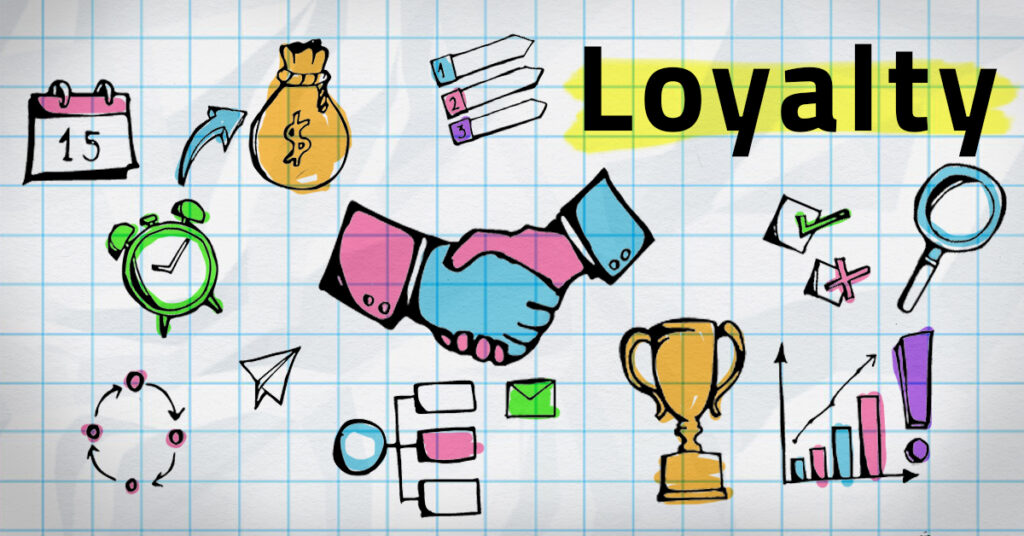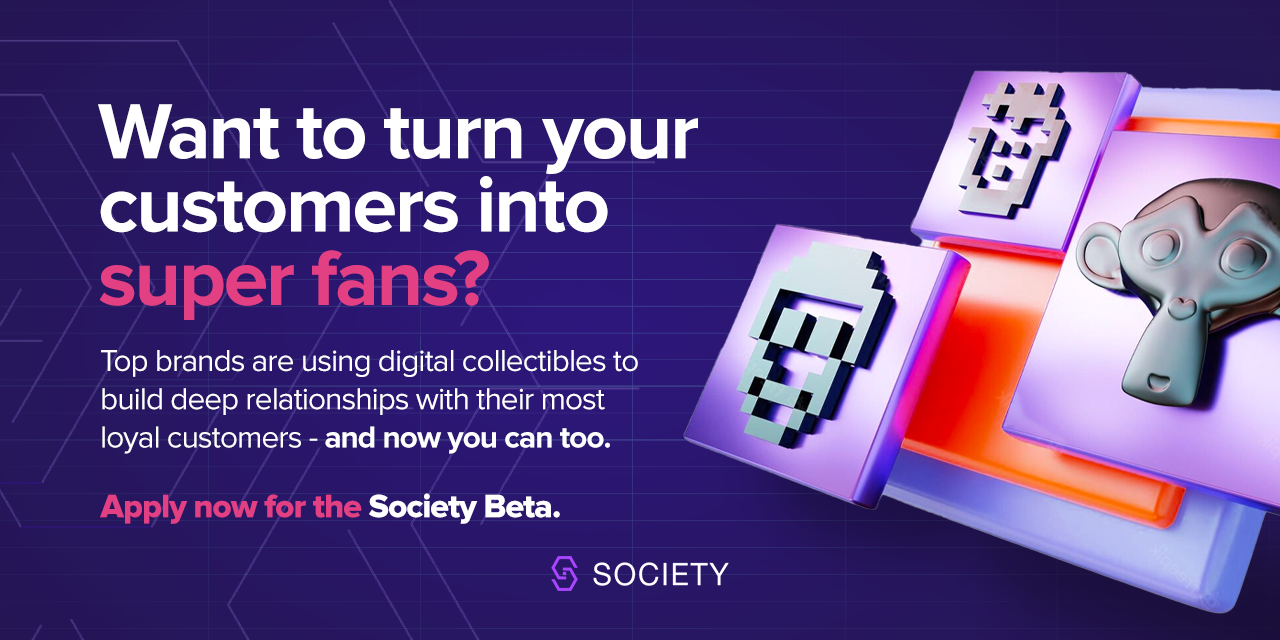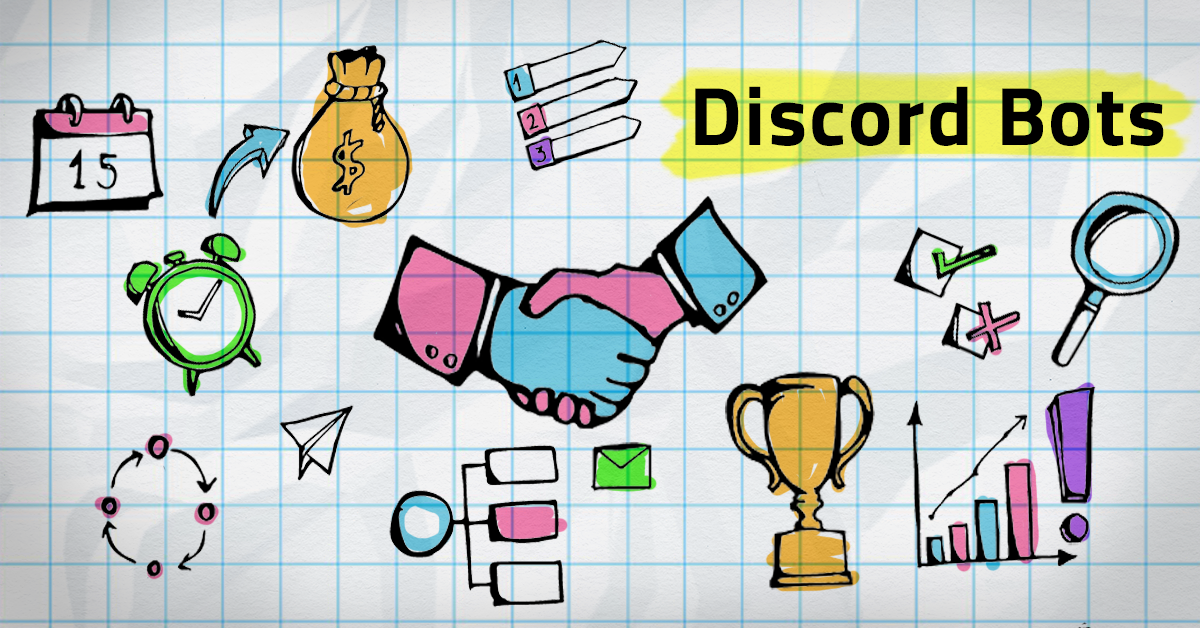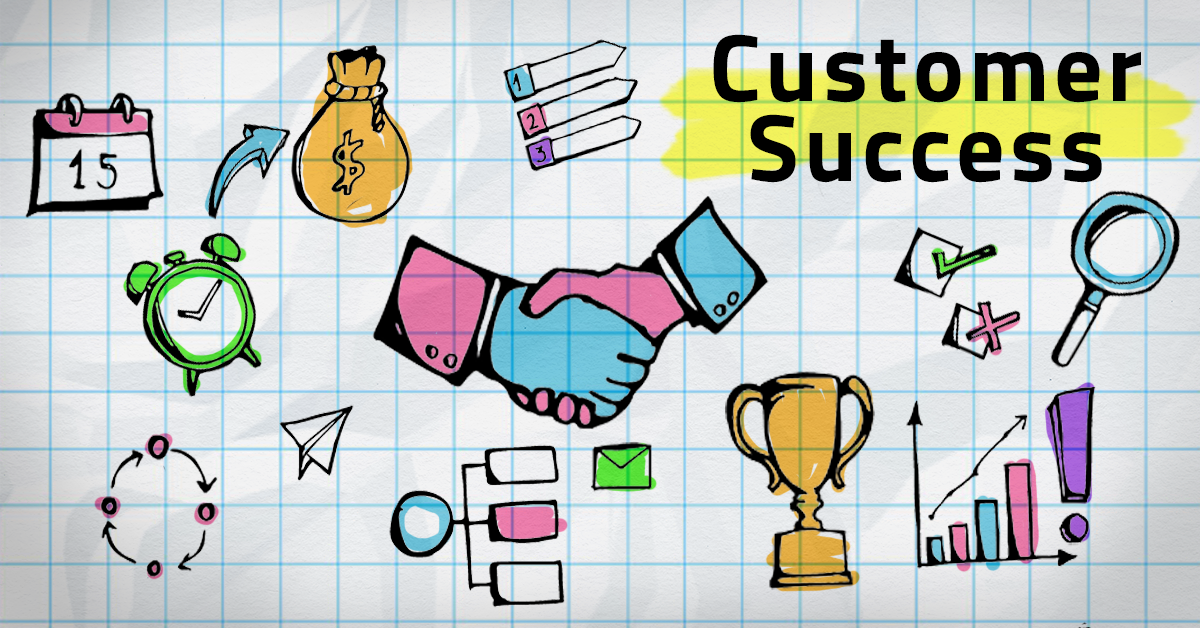Consumer Behavior is Changing. How Can Enterprises Keep Up?
The way brands and consumers interact is changing. Brand loyalty is being redefined as the internet becomes more open and as decentralized technologies become more widely utilized.
Findings from the PwC Customer Loyalty Survey 2022 revealed that more Millennials and members of Gen Z value feeling like they’re part of a community and having a personalized experience. Consumers seek some form of reward or recognition for their loyalty, and they want to have authentic conversations and interactions with the brands they care about most. This includes having more access to the people behind the brand and getting more input into the benefits they receive.
A Shift in Engagement
Individuals, especially among younger age demographics (i.e., ages 18-24), are thinking differently about the way they interact. Younger consumers increasingly prefer platforms like Discord and Roblox, where conversations are “many-to-many” and community focused. They also spend more time consuming content on platforms like YouTube and Twitch, which offer more interactive “one-to-many” conversation styles. They are showing a preference for conversing and interacting with the makers of their favorite products rather than simply watching ads or videos about their favorite products.
A New Way to Do Business
So, what does that mean for brands and enterprises who seek to meet these evolving needs of their most loyal supporters? One key strategy is to begin embracing web3 and blockchain technologies like non-fungible tokens (NFTs).
A web 2.0 structure—think platforms like Facebook and Instagram—enabled brands and enterprises to reach their audiences through mainly ad-supported broadcasting.
However, web3 differs by applying more of a community, conversational approach. Individuals consider themselves invested members, not just customers, when supporting a brand. In a decentralized web, the lines between buying a product and joining a community become blurred.
When done correctly, organizations can use blockchain technologies to build strong communities and loyalty programs that cater to their consumers with exclusive offers, voting capabilities, and personal support. Core tenants of a successful NFT-based community should include:
– Privacy. In a web3 space, everyone values privacy. Ideally, data ownership is exchanged between the brand and consumer—rather than owned by a third party or search platform.
– Transparency. Consumers demand and expect transparency. People should be able to share what they want and when they want on an opt-in basis.
– Decentralized decision making. While the enterprise maintains brand authority and remains central, individuals should help to shape behavioral guidelines within the community and have a voice.
Using NFTs to Reward Loyalty
So, how can an enterprise create a loyalty program using existing web 2.0 workflows that leverages NFTs? A simple solution is to utilize a platform already built for that purpose. Society is an easy-to-use platform that helps enterprises and brands build communities and loyalty programs via decentralized web3 technologies. Community members’ engagement is rewarded with exclusive perks and access.
Society allows brands and enterprises to:
– Use points and tiers to encourage engagement. Through NFTs, individuals can build status in communities through a tiered loyalty program. They can also earn points determined by their engagement and redeem rewards using “play-to-earn” features.
– Foster direct relationships. With web3 and NFTs, membership is tokenized rather than the web registration that is required for use in web 2.0. The tokenized membership is a direct agreement established between the brand and consumer and managed by a smart contract. Data and perceived personhood are no longer owned or sold by a third-party corporation, like Facebook. This allows for transparency and more direct relationships.
– Give community members a voice. Beyond traditional member perks and discounts, enterprises can allow community members to vote on certain issues and provide direction. These loyal community members can serve as a built-in focus group to offer key insights and opinions. Within defined boundaries, enterprises can encourage the consumer to help “steer the ship” and build the brand they want.
Are you looking to build a robust loyalty program based on blockchain technologies? Society offers brands and enterprises the opportunity to manage a community that cultivates more authentic and aligned relationships. It is a one-stop platform for minting NFTs and utilizing them in loyalty programs. Contact us to learn more about all Society can do.



